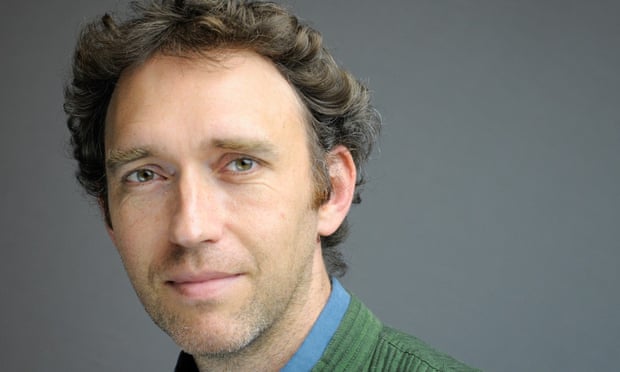What does it mean to be a “good ancestor”? Are there ways to internalise the rights of unborn future generations in our legal and economic frameworks? And perhaps most critically, why is it important to do so? These are just some of the questions esteemed philosopher Roman Krznaric sets out to answer in his book, The Good Ancestor, diving into the thorny and insofar little-explored field of intergenerational ethics. As the consequences of short-term thinking threaten our environmental, social and economic stability, Krznaric proposes that we begin thinking long-term, not in terms of years or decades, but to plan with the centuries and millennia to come at the forefront of our minds.
—
The ability to think long term is far from impossible for humans; we are in fact the only species known to be able to plan for projects and goals that will never be completed in one lifetime. This is what Krznaric terms ‘cathedral thinking,’ inspired by the magnificent cathedrals of Medieval Europe that were built over the course of several centuries. Our ability to think long term has, in fact, enabled the greatest accomplishments of humanity, including building cities, voyaging to outer space and creating complex societies.
But the modern age has hindered our ability to think long term and remember that what we do today will affect the world and its inhabitants far beyond our lifetimes. “We recognise as human beings that our actions do impact future generations,” Roman Krznaric told Earth.Org in a recent interview, “yet those generations do not have much say in our present political systems or economic structures.”
You might also like: Book Review: The Citizen’s Guide to Climate Success by Mark Jaccard
When we are inclined to give into instant gratification, we tend to forget or ignore the consequences. Humanity’s impacts on the living planet are likewise actions motivated by a short term mindset that fails to plan further into the future. The act of burning fossil fuels, for instance, allows humans in the present comforts that are instant yet ephemeral, and dismiss the impacts such actions will have on the next generation, and the many more that will hopefully come.
Krznaric describes these short-sighted acts as ‘colonising the future,’ and his remedy is for us to radically change our thinking. We need to understand deep time humility; that humans have been alive for a relatively miniscule number of years compared to our planet’s age and how long it has been harbouring life for. We must recognise that the number of people who are alive today are a fraction of the number of humans that have walked the Earth throughout history, which is itself a fraction of the total number of humans we can expect to be born over the coming millennia. We need to acknowledge that our children and their children will need access to the same basic resources we do now, but climate change and biodiversity loss will make life on Earth comparatively unbearable for them.
Long-term thinking cannot only be a cultural shift; it needs to ignite widespread changes in the ways our governments and markets function. “You can have all the sustainable development models you like, but if your political systems are caught in short-term cycles, it’s going to be very hard to put that stuff into practice,” Krznaric told us. Long-term thinking needs to become a crucial part of how decisions are made at a political and corporate level.
Roman Krznaric places the spotlight on some changes that are appearing on the horizon, such as the city-level policy advisory committees in Japan that base recommendations on the imagined perspectives of citizens in 2060. China, with its longer-view socio-economic plans and singular ruling party, could be considered a form of governance that practices long-term thinking.
In terms of the feasibility of his proposal, Roman is hopeful, not optimistic, that we can pull ourselves back from the brink that our short-term mindset has brought us to. He recognises that transforming our economies and transitioning towards sustainability is a difficult task, but he is also hopeful that humans recognise an urgent need for such action.
But how can people be convinced to adopt this urgency? Past appeals to acknowledge the damage that humans are doing to our planet have not been as successful as hoped, with obstructionists and inactivists slowing the decisive action needed. But perhaps Roman’s formula can be more effective. If there is one thing that unites decision makers from all countries, professions, political inclinations and religious beliefs, it must be love for their family. If the business leaders and policymakers acknowledge that our short-sighted decisions will be of tremendous harm to their children and grandchildren, the people that they know and care for the most, perhaps this will provide the last push needed to spur more ambitious action.
For more, watch Roman speak with Earth.Org Founder Constant Tedder in a hour and a half conversation here.
The Good Ancestor: How to Think Long-Term in a Short-Term World
Roman Krznaric
2020, Penguin Random House, 336pp
Featured image by: The Guardian














